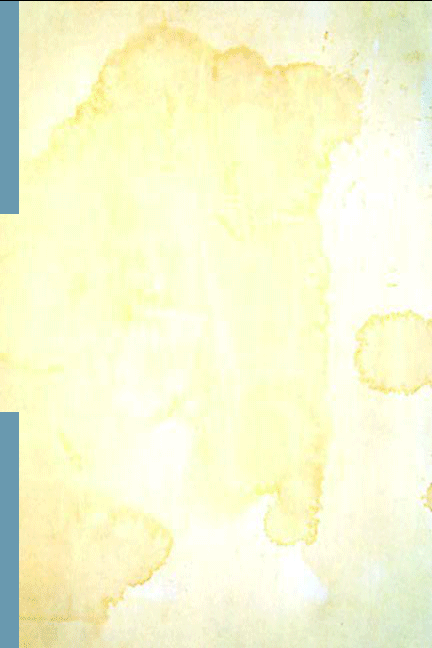Thursday Fiction Corner: The Review of Contemporary Fiction
“I really think that any writer has the right to claim that a work is a work of fiction if it’s published as a work of fiction. And for somebody to turn around and say, ‘That doesn’t seem like fiction to me,’ well, my answer simply is that it is fiction.” — Gerald Murname
We are proud to be distributing Dalkey Archive Press, one of the leading publishers of avant-garde fiction and literature in translation. In today’s Thursday Fiction Corner, we are showcasing the Fall 2013 issue of The Review of Contemporary Fiction: Autofictions.
First, we have the Editor’s Note, which details the fascinating variety of essays, interviews, and stories available in this issue of the Review. We follow the note up with an excerpt from Gerald Murname’s interview with Antoni Jach, in which Murname first explains what he would tell a person who believes Murname’s work is memoir, not fiction, and then gives some advice to prospective writers.
Editor’s Note — John O’Brien
Beginning as another issue in the line of past favorites such as “The Novelist as Critic” and “New Writing on Writing,” this number of the Review of Contemporary Fiction evolved over time to focus on writing without a clear allegiance to any one of the categories of fiction, memoir, or essay. Here you’ll find a long and entertaining interview with Gerald Murnane, who refuses the designation of “novel” for his longer fiction, and who has led many an unwary reader into the error of confusing his writing with autobiography. This is followed by John Griswold’s report of his trip to Hannibal, Missouri for the centenary of Mark Twain’s death, asking, “Why do we go looking for writers beyond their work? They are, after all, unpleasant people.”
After this comes Luis Chitarroni’s brief, semi-fictional portraits of such authors as William Gerhardie and Gerard Manley Hopkins; and then S. D. Chrostowska’s parables on the efficacy of parables and other “instructive” or ethical fictions. Jacques Jouet’s “Suppositions” on Flaubert blend playful hypotheses with serious criticism, while Thalia Field takes to pieces the presumed rationality of the novel and by extension, reality (or vice versa). Lily Hoang and Bhanu Kapil provide a punning and harrowing guide to the uses of the colon, while Warren Motte gives us a preview of his upcoming book Mirror Gazing by outlining the story of his literary preoccupation with mirrors in fiction. Adrian West takes a personal journey into the underworld of the “autoportraits” and fictions of Edouard Levé; before, finally, Jacques Houis provides a long-overdue overview of a little known—even suppressed—branch of the French literary counterculture of the 1960s, itself focused on often bizarre and grotesque auto-fictionalization.
Antoni Jach’s interview with Gerald Murname



